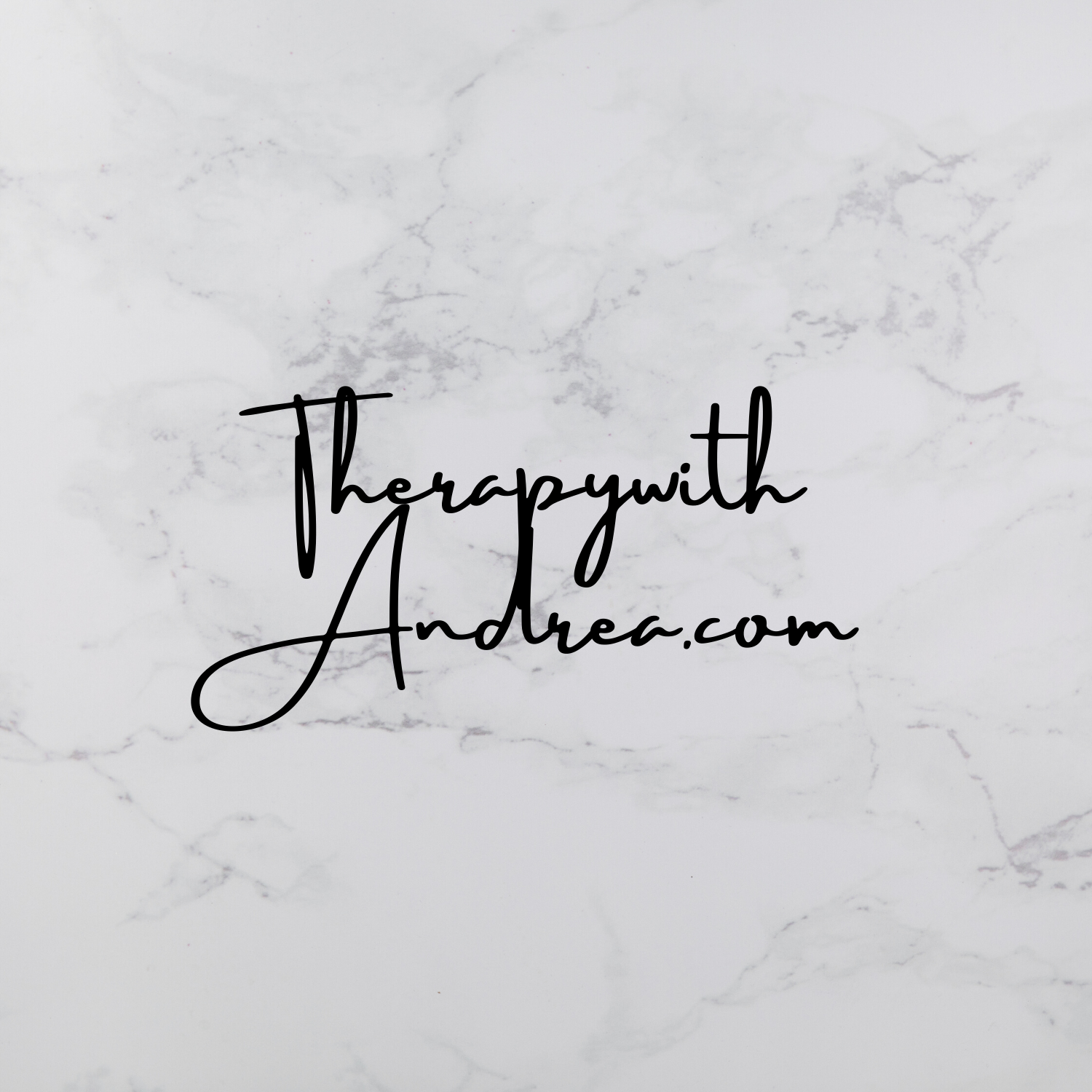Embracing Vulnerability: A Path to Healing in Therapy
In the realm of therapy, there exists a profound and transformative force – vulnerability. It is the key that unlocks doors to self-discovery, healing, and personal growth. In this blog post, we will explore the vital role vulnerability plays in the therapeutic journey and how embracing it can lead to profound positive changes.
Building Trust and Connection:
At the heart of any therapeutic relationship lies trust. The willingness to be vulnerable fosters a deep sense of trust between the client and therapist. As clients open up and share their innermost thoughts and feelings, a connection is forged, creating a safe space where healing can begin.
Exploration of Emotions:
Vulnerability paves the way for the exploration of emotions. Many individuals enter therapy with layers of unexpressed feelings, and by allowing oneself to be vulnerable, a client can delve into the core of their emotional experiences. This exploration is crucial for understanding the roots of issues and working towards resolution.
Overcoming Shame and Stigma:
In a world that often stigmatizes mental health struggles, vulnerability becomes a powerful tool for overcoming shame. Clients can shed the weight of societal expectations and confront their struggles without judgment. The therapeutic space becomes a sanctuary where one's vulnerabilities are met with compassion and understanding.
Authentic Connection and Personal Growth:
An authentic connection is forged when both therapist and client engage in open and honest communication. Through vulnerability, clients can experience personal growth as they confront their fears, challenge limiting beliefs, and embark on a journey of self-discovery. The therapeutic process becomes a catalyst for positive change.
Practical Tips for Embracing Vulnerability:
Start Small: Begin by sharing less sensitive thoughts and gradually work towards deeper emotions.
Communicate Needs: Let your therapist know about your comfort levels and any concerns you may have about being vulnerable.
Celebrate Progress: Acknowledge and celebrate the small victories that come with embracing vulnerability.

